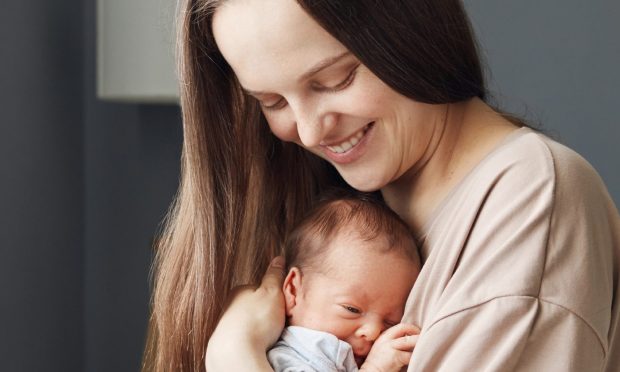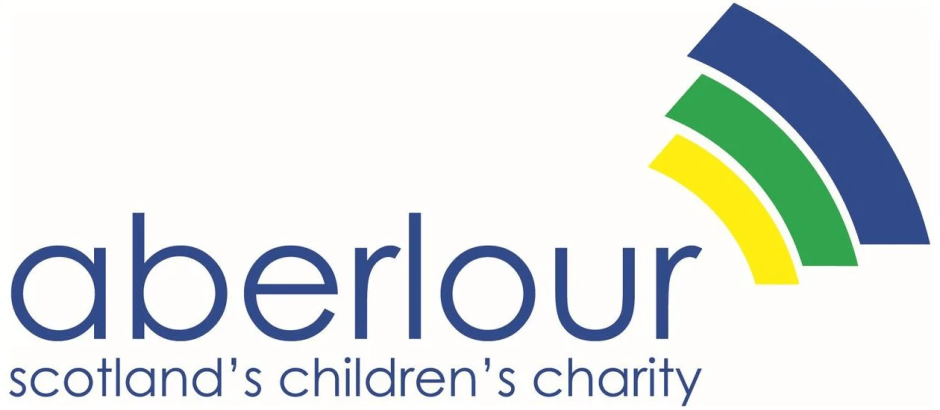
A lifeline rehab service helping mothers recover from addiction is to be expanded as Scotland’s drug deaths climb again, we can reveal.
The residential care in Dundee allows mothers to stay with their young children while receiving life-changing help to tackle drink and drugs problems and strengthening their parenting skills.
A second Mother and Child Recovery House is to open in Falkirk within weeks, funded by the Scottish Government and run by Aberlour, Scotland’s biggest children’s charity.
The second house launches as official statistics published on Tuesday revealed 1172 drug deaths in Scotland last year, up 12% on the year before.
Men remain twice as likely as women to overdose but the gap between the sexes has narrowed dramatically over the last 20 years.
Dawn Ward, director of children and families at Aberlour, believes the specialist package of support offered at the Tayside service has helped change and save lives since opening 18 months ago.
The value of the national service is now underpinned by impact reports but Ward said: “The data is crucial but it is the small, everyday things that stop you short. The women are themselves being cared for in ways that many have never experienced and, over time, that attention builds a new sense of themselves as loving, capable mothers. Playing with a child and comforting them can feel like very basic skills but if your parents did not play with you or comfort you then it is not basic at all. It’s something to be learned.
“Gradually, we see the women’s heads lifting when they realise they can be the mothers they want to be. There is hope here.”

An independent review of service suggests that for every £1 spent helping the women more than £10 will be saved in the future by keeping their children out of care.
The house cares for up to four women and their children in a structured programme designed to help them get off street drugs, bolster their parenting, and keep families together. Most of the women, referred from across Scotland, have previously endured issues including homelessness, sexual violence and domestic abuse while many of their parents faced similar challenges around addiction and mental health.
The average age of the women is 31 and some have already had children removed from their care.
Ward said: “There is an understanding that for some, this will most likely be a last chance to care for their own child and build that relationship. It is not an easy option and women are clearly told what to expect and what will be expected of them. It is full-on, a lot is asked of them and it is not for everyone. They need to commit.”
The second house opening soon in Falkirk will be shaped by the experience gained in Dundee. Few stay longer than six months and the first 12 weeks are crucial when cycles of addiction can be broken.
Ward said: “Women are encouraged to embrace the support in place and oversight is there to help them break the patterns of addiction. Many of the women will say it is tough at the start but, once on the other side, they understand why the parameters are so strict.”
The tailored support, underpinned by random drug tests and searches, helps ensure the women use only prescription drugs while regular one to one sessions encourage new ways of thinking about their role as a mother.
Ward said: “If women feel ready to stop taking drugs, we will fully support that but, for others, it is about stabilisation and ensuring only prescribed drugs are taken. There has to be flexibility and we work closely with GPs to find the best pathway for each woman. Some despite their best intentions are just not at the right stage in their lives. With new skills and new ways of thinking, we obviously hope the women will recover and care for their children in the long-term. Whatever happens, their baby spent their first six months with a loving mother, who was doing everything she possibly could to be the best parent possible.”
Lynne O’Brien, Aberlour chief officer, said: “In just a little over a year, the care being offered in Dundee has already transformed the lives of mothers and their children. One mother told me she only wished every woman in her situation could be given the same opportunity so we are delighted that a new house delivering the same life-changing care will soon open in Falkirk.”

Enjoy the convenience of having The Sunday Post delivered as a digital ePaper straight to your smartphone, tablet or computer.
Subscribe for only £5.49 a month and enjoy all the benefits of the printed paper as a digital replica.
Subscribe